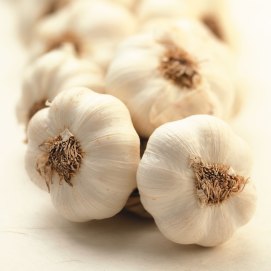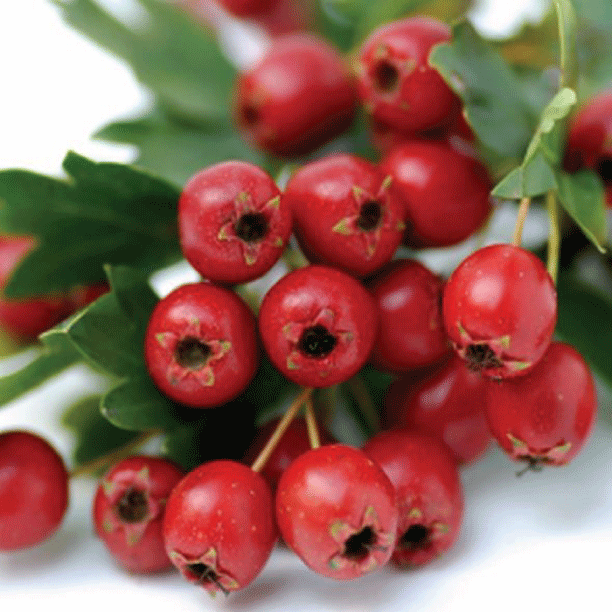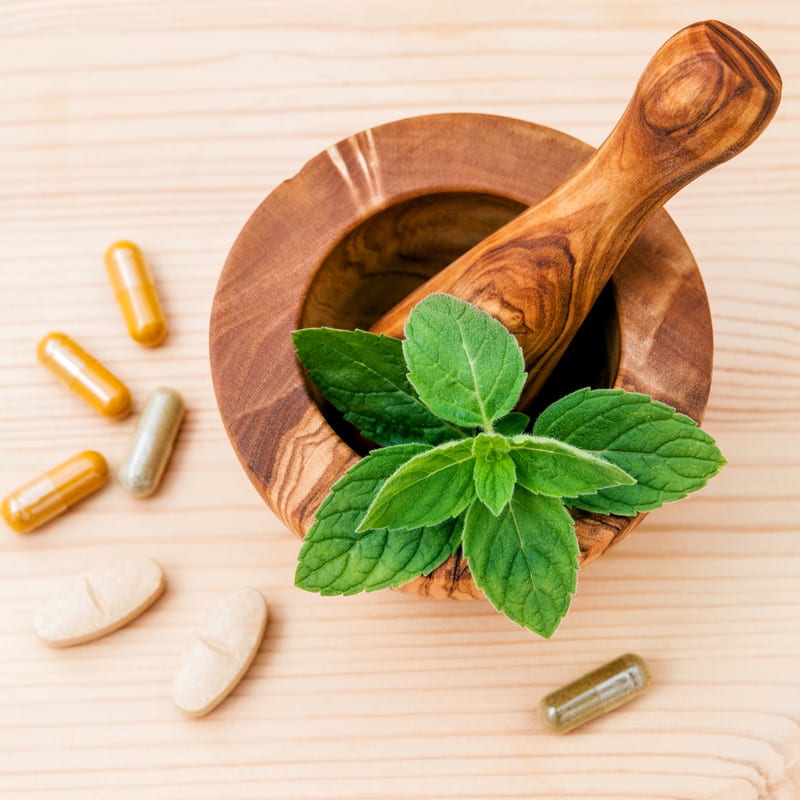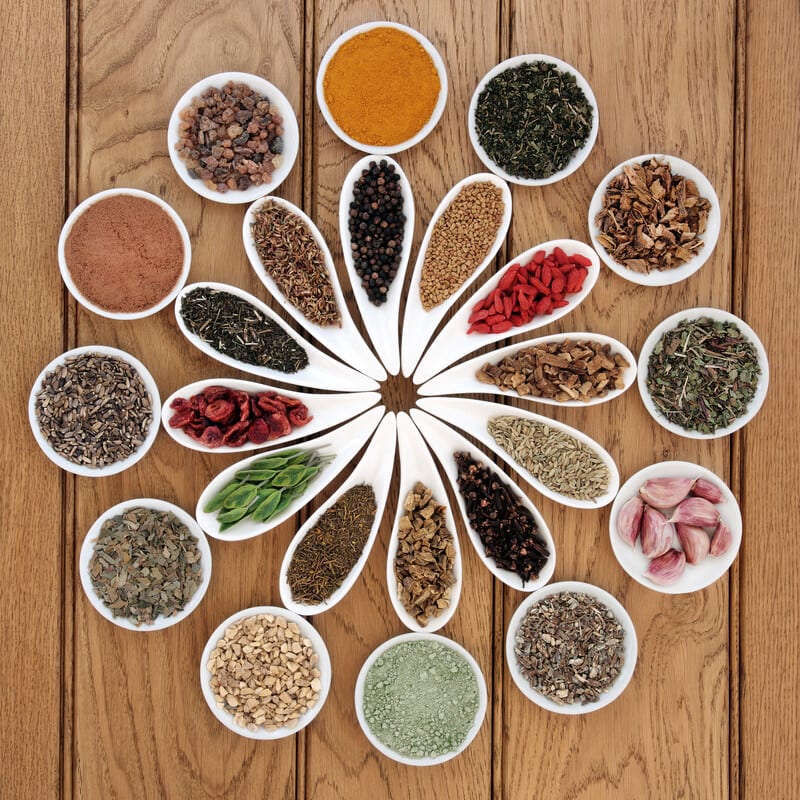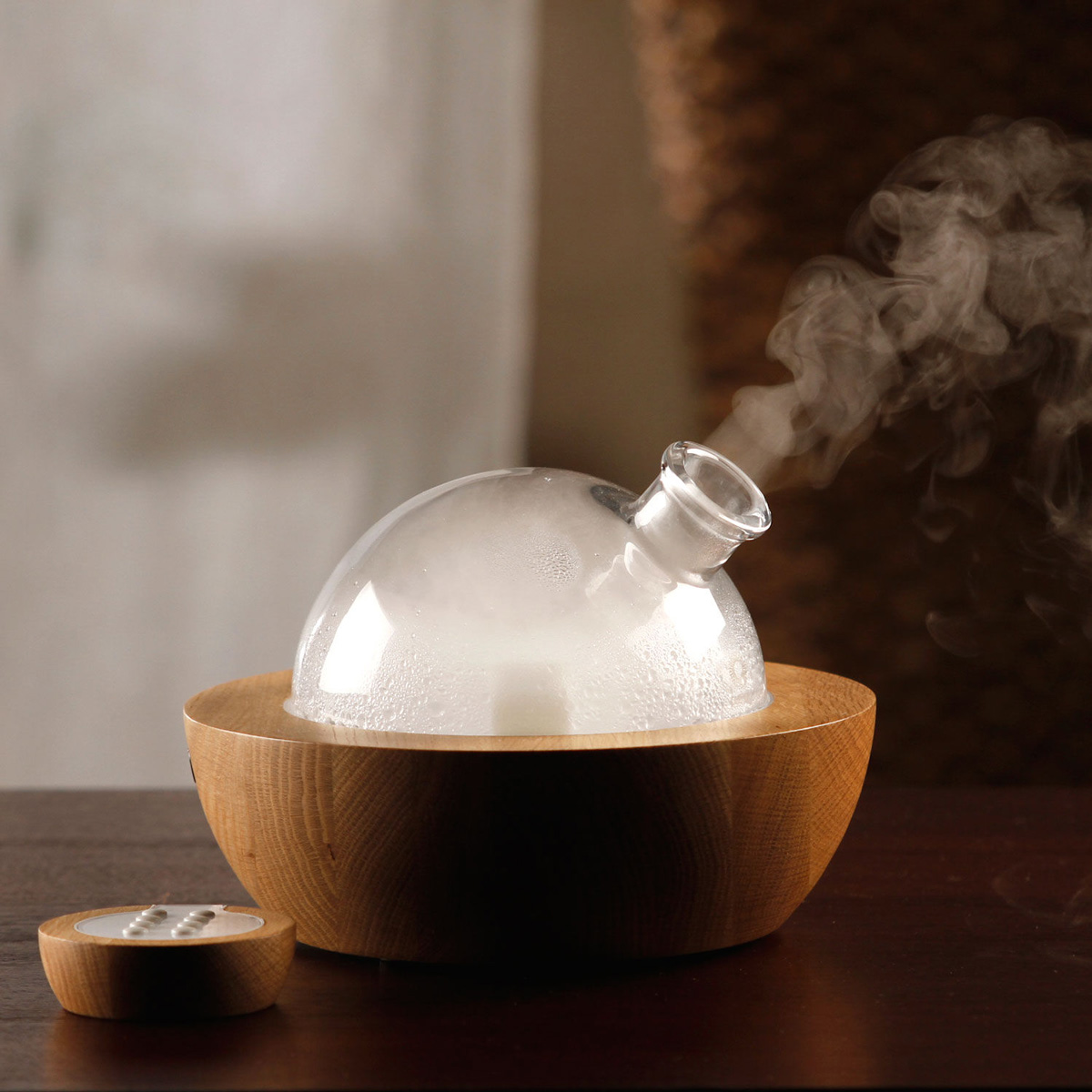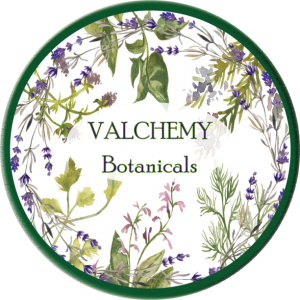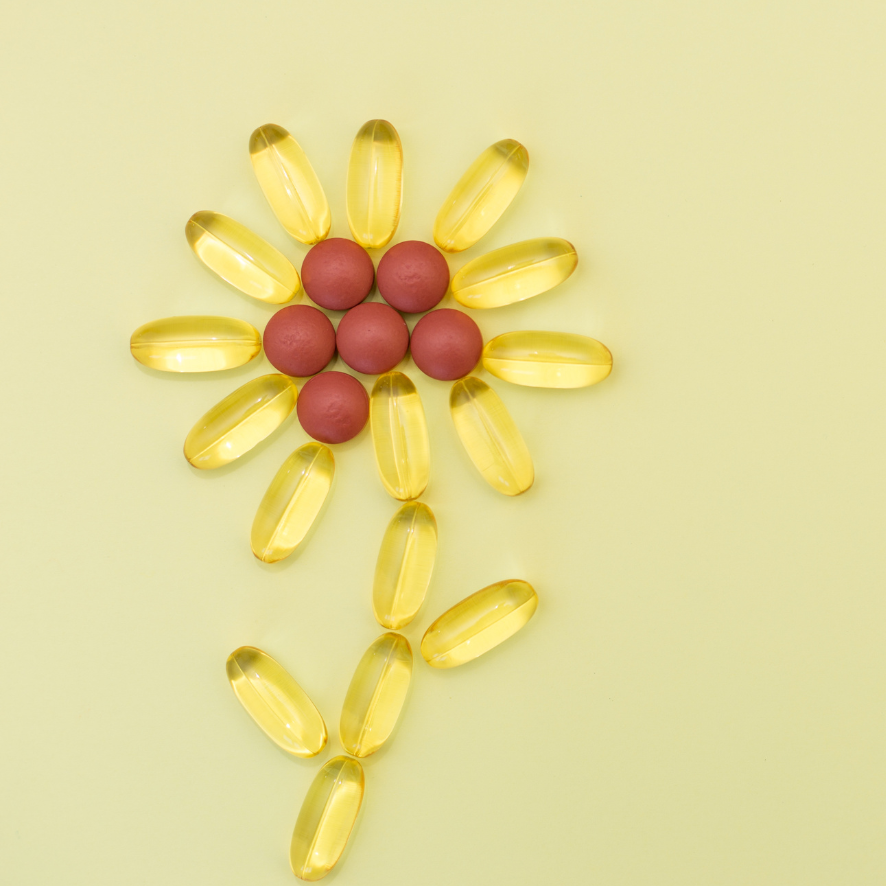As Covid-19 continues to spread, I’ve been fielding more and more questions regarding herbs for immunity and their ability to prevent as well as address Covid-19.
At first I was a bit reluctant to write anything, mainly because I have personally never worked with this particular virus and don’t want to throw my hat in the ring with anyone claiming they have the magic silver bullet cure for something that is so new and untested.
However, I do have extensive experience working with the immune system and both preventing and addressing upper respiratory infections like the common cold and influenza. In my younger years I had a very weak immune system and, thanks to herbs and other practices, I rarely gets cold or the flu now. I’ve also worked with many clients and students on this subject. One of my most popular online courses is Herbal Cold Care.
The following are my best recommendations for using herbs for immunity as well as the particular symptoms being reported with Covid-19. I want to be clear that I am recommending common sense herbal approaches. Time and time again I’ve seen that foundational strategies work! They may not be as sexy as the latest exotic “anti-viral” miracle herb, but they are more likely to succeed.
I also want to be clear that I am not claiming that any single herb is effective at stopping the Coronavirus. Instead it’s by working with your own immune system and using supporting and nourishing practices that you will have the best chances at seeing beneficial results from using herbs.
Coronavirus: Mindset and Preparedness Matters
I see two prominent stories being played out right now. On the one hand we have people completely panicking. Store shelves are bare and face masks and hand sanitizer are being sold at exorbitant rates.
Perhaps in opposition to that panic we have others brushing off this epidemic. It’s commonly repeated that this virus is only affecting severely older populations and those with underlying health problems. It’s as if those of us who can claim youth and well-being can collectively take a sigh of relief. “Not my problem!”
I am in no way advocating for panic. However, I have many loved ones who are aged 60+ and know many people who have underlying health issues that put them at risk. These people are vital members of our communities. So, while I am not panicking, I am also taking every step possible to stay healthy and avoid spreading this disease.
While this virus doesn’t have a high mortality rate for everyone, it is everyone’s collective responsibility to protect those who are more vulnerable. Or at least that’s my hope.
Prevention
Hygiene and Avoidance
Washing your hands, elbow bumps, avoiding touching your face, as well as avoiding people via unnecessary travel and staying home if possible, are all being covered heavily in the news and via health agencies and social media networks. Avoidance and basic hygiene like washing your hands for 20 seconds is important! However, what’s not being discussed as readily are ways you can actually build or modulate your immune system.
While I certainly can’t promise that the following herbs and practices will make you immune to Covid-19, my personal experience tells me that building your immune system has positive impacts for keeping you healthy and for reducing severity of symptoms during an illness.
Herbs for Immunity and Preventing Illness
Astragalus (Astragalus propinquus, syn A. membranaceus)
Astragalus root is originally from China and is now used extensively by western herbalists. For many years astragalus has been my favorite herb for building and modulating the immune system. I regularly take it during the winter months.
This Chinese herb is used in many formulas for upper respiratory viruses including Jade Screen Formula (used as a preventive). I often combine it with other herbs in chai spiced teas. Despite astragalus’ popularity and extensive history of use there aren’t a lot of studies on the whole root. From limited human clinical trials and from in-vitro studies, we know that astragalus increases the white blood cell count, decreases viral replication, and stimulates the production of T killer cells.1,2
Astragalus works best when taken in higher amounts for a long period of time. I recommend 15-30 grams of the dried root daily. (Get the e-book for an astragalus recipe.)
Codonopsis (Codonopsis pilosula)
Codonopsis root is another Chinese herb. It’s commonly used as a substitute for ginseng due to its lower price. Codonopsis can stimulate the immune system, strengthen the lungs and has moistening qualities (which seems important for Covid-19; see below). I recommend 15-30 grams per day. Lately I’ve been combining it with astragalus in my daily chai spiced teas. Like astragalus, this is something to take regularly over a period of time.
Garlic (Allium sativum)
Studies have shown that garlic increases the natural killer cells of the immune system, reduces inflammatory cytokines (chemical messengers of the immune system) and can reduce the severity of colds and the flu. One study compared a group of children taking long-releasing garlic extracts with another group of children taking a pharmaceutical drug in the hopes of preventing upper respiratory infections. Those taking the garlic had a two- to fourfold reduction in sickness compared with a control group taking a placebo. Incidentally, the pharmaceutical performed no better than the placebo.
The garlic studies used aged garlic. I prefer raw garlic. It’s effective, cheap and local! Win-win-win. I mince or crush up 1-2 cloves and add that to my veggie breakfast in the morning. (Get the e-book for more garlic recipes.)
Mushrooms
Many mushrooms can help to build your immune system. I take reishi frequently simply for general health. Reishi has many immune system benefits. I’ve written about turkey tails here. I also take Stamets 7 by Host Defense daily. Cordyceps powerfully supports the lungs and there is some evidence it can greatly reduce inflammation within the lungs. This may be an important ally for this particular virus.
Other Ways to Support Immune System Health
In addition to herbs for immunity there are many other ways to support general immune system health. Eating a nutrient-rich diet, maintaining ideal vitamin D levels, being active, spending time outside, and joy and laughter have all been shown to have positive effects on the immune system.
Addressing Symptoms of Covid-19
Covid-19 is an upper respiratory infection with reported symptoms including a fever and cough. Initial reports from China indicate thick gluey mucus being an issue. Since coughs and mucus production can vary with people with viral infections, it’s important to have a variety of strategies. (Difficulty breathing is also a symptom of this virus and requires immediate medical care.)
Herbs for immunity excel at addressing the symptoms of upper respiratory viruses. I see them working best when they are used in a way that supports your own amazing and powerful immune system. Herbs aren’t there to magically erase symptoms; instead they are partners, something able to give you a helping hand as your body dances with the pathogens.
Fever
Fevers are a beneficial immune system response. Immediately taking steps to reduce a fever through over-the-counter drugs is harmful and could lead to a prolonged illness. Unless a fever becomes severe, or the person with the fever is exhibiting severe symptoms, fevers do not need to be lowered.
The most important consideration during a fever is rest and hydration. Water, tea and electrolyte blends can all be used to ensure hydration.
Fevers, as beneficial as they may be, are still uncomfortable. Herbs can help reduce that discomfort and they can also help support the fever process.
Herbs for Immunity for Hot Fevers (see botanical descriptions HERE)
When you feel hot, restless, have aches and pains but aren’t sweating, the following herbs help to bring circulation to the skin, relax tense muscles and promote sweating.
Elderflower (Sambucus nigra, S. cerulea)
Elderflower excels at supporting the fever process. I also like this herb as a tea at the first sign of illness as it can potentially shorten the duration (similar to elderberries). (Get the e-book for the recipe.)
Chamomile (Matricaria chamomilla)
Chamomile is my favorite herb for fevers associated with crankiness, headaches and general aches and pains. I recommend a strong infusion; it will be bitter, but also very effective at soothing irritability and promoting restful sleep.
Yarrow (Achillea millefolium)
Yarrow is a premier herb for supporting the fever process. An old western herbal formula that remains popular today consists of a yarrow and elderflower formulation. (Get the e-book for the recipe.)
Herbs for Immunity for Cold Fevers
When you feel chilled the following herbs can help to warm you up. (Also, bundling up, sauna and hot showers and baths can be helpful).
Ginger (Zingiber officinale)
If you could choose only one herb to use during a cold or the flu, ginger might be the one, especially when there are signs of coldness and dampness such as shivering or a thickly coated tongue. Many different complaints during an upper respiratory system infection can be treated with ginger. Ginger can warm you up from the inside, which is helpful for the onset of a cold or flu when you feel chilled and are shivering. Relieve a sore throat with ginger tea or a spoonful of ginger-infused honey; ginger’s antimicrobial properties help prevent further infection. I also like ginger as a fresh juice. Fresh ginger is the best choice as an antimicrobial. Dried ginger is more heating in nature and is good for feelings of coldness.
Cayenne (Capsicum annuum)
Karta Purkh Singh Khalsa and Robyn Landis wrote in their book Herbal Defense, “You can treat a cold very effectively with nothing but chiles if you can get enough down.” Cayenne is an internal heating herbal medicine and one of several long-celebrated ways to stop a cold in its tracks. (Other methods include sweating therapies such as saunas or hot baths.) You can add cayenne to meals or make an easy tea by adding small amounts of the powder to hot water and adding lemon and honey. (Get the e-book for the recipe).
Oregano and Thyme
Oregano and thyme are very similar garden herbs that are both antimicrobial and warming in nature. I prefer these as a short-infused tea taken consistently throughout the day.
Dry Cough
I’ve heard conflicting reports of the type of cough associated with Covid-19. When working with someone who has a cough it’s best to choose the herb for the type of cough rather than simply a “cough herb”. While many over-the-counter cough medicines simply focus on stopping a cough, herbs can be more artfully called upon.
For example, with dry coughs the goal is often to moisten the tissues, thus stopping the dryness and irritation that is causing the cough. For congested or damp coughs we want to thin the mucus so it’s easier to expel.
The following are some examples of herbs to use for different coughs.
For even more information see my article on home remedies for coughs here.
Demulcent Herbs for Dry Coughs
Mullein (Verbascum thapsus)
Long used to support general lung health, mullein leaves can benefit people with weak lungs (such as those with asthma) or those under acute lung stress such as a cold or flu or even pollution or wildfire smoke inhalation. I recommend a strong tea that has been filtered through a cloth (to avoid ingesting the potentially irritating little hairs that cover the leaves).
Plantain (Plantago major, P. lanceolata)
You know that type of dry, hacking cough that seems endless and oh so painful? The one you typically get at the end of a cold or flu or from inhaling small particles such as dust or smoke?
Plantain soothes hot, dry, and spasmodic coughs. It moistens the lungs and cools the heat, thus relieving the irritation causing the cough. I prefer plantain as a tea for coughs, but it can also be used as a tincture.
for coughs, but it can also be used as a tincture.
Marshmallow and Mallow (Althaea officinalis or Malva neglecta, Malva spp.)
The many different mallows out there are wonderfully demulcent and a favorite for soothing dry irritated throats and coughs. I often use it as a simple or added to other herbs such as plantain and mullein.
Violet (Viola spp.)
Violets are a soothing and moistening herb as well as a gentle lymphatic. If you have access to lots of violets, then a strong violet tea can be a soothing way to relieve a dry cough. One double-blind randomized clinical trial with children aged 2 to 12 years found that violet syrup could help the coughs of children with intermittent asthma.9
Anti-Spasmodic Herbs for Dry Coughs
The second way to address those dry spasmodic coughs are to use anti-spasmodic herbs to quell coughing. I especially like this technique to stop ongoing spasms or when a person lays down and immediately starts coughing. (Note, coughs that are accompanied with a lot of congestion are best addressed with stimulating expectorant herbs, rather than cough suppressant herbs. Otherwise you run the risk of trapping excess mucus in the lungs.)
Lobelia (Lobelia inflata)
Lobelia can be taken as a tincture or vinegar extract in drop dosages (increasing slowly as needed) to stop spasmodic coughs. Relief is generally achieved immediately. Taken in excess lobelia may induce vomiting.
Valerian (Valeriana officinalis)
Valerian is a powerful anti-spasmodic herb that also promotes sleep. I like to take it in increasingly larger dosages until I get the results I’m looking for. Occasionally some people become more hyper when taking valerian as opposed to relaxed. Valerian can be taken as a tea or tincture (I prefer tincture).
Cramp bark (Viburnum opulus)
Cramp bark can relieve muscle spasms including those from a dry cough. It can be used as a decoction or tincture. When used as a decoction I like to combine it with yummy-tasting herbs like cinnamon and ginger to offset the taste.
Stimulating Expectorant Herbs for Congested Coughs
When there is a lot of congestion in the lungs we rarely want to stop the coughing reflex. Basically your body is coughing in order to rid your lungs of a potentially harmful buildup of mucus. We don’t want to hinder that! Instead, we can use stimulating expectorant herbs to help thin the mucus and make it easier to expel from the lungs. If there is congestion but it is especially thick or dry, the demulcent herbs listed above (as well as hydration) can also help.
Many of my favorite herbs for lung congestion are the same herbs we used for cold fevers above. These warming herbs also thin mucus. Garlic, ginger, cayenne, thyme and oregano are all effective.
Elecampane (Inula helenium)
Elecampane root is one of my favorite herbs for lung congestion. It is antimicrobial, has a strong pungent and bitter taste, and noticeably improves lung function and relieves congestion. You can slice up the fresh root and infuse it into honey. Or you can make a syrup out of the dried root. You can see my recipe for the syrup here.
When to Seek Medical Treatment
Medical agencies are asking that people avoid coming in if they are presenting with mild symptoms. In this case it’s best to stay home and rest and also avoid spreading the illness. If you want to seek medical treatment the CDC recommends calling in ahead to let the facility know that you may be infectious.
If you have the following symptoms then seeking medical attention is necessary:
- Fever over 104F lasting for more than three days
- Difficulty breathing
- Loss of consciousness
Other Important Steps
Don’t Panic
Not panicking starts with turning off the endless fearmongering news cycle and instead choosing to be as informed as necessary via balanced news outlets.
Here’s the news outlets I’m following:
- NYT Coronavirus Briefing Newsletter
- John Hopkins Report (Visual map and stats)
- Report of the WHO-China Joint Mission on Coronavirus Disease 2019 (COVID-19)
Take this Seriously
Not panicking doesn’t mean brushing this aside. As mentioned earlier, I strongly believe it is our social responsibility to take this seriously and take every step that is possible to us to maintain our health or to quarantine ourselves if necessary.
Be Prepared
If you are healthy currently then now is the best time to think through how you can be best prepared. The CDC is recommending that folks prepare to be quarantined for two weeks. Having water, food and medications is important. A couple essential items I don’t often see mentioned are soap, pet food and chocolate.
Are you Healthy and Able? Help Others
Many younger and healthy people will not be strongly affected by this virus, but many other people will be more sensitive and have a harder time. Reach out to at-risk populations and see if you can help.
Also very important: Speak up and out against any signs of hate or intolerance against Asian communities. Xenophobia is real and, as this NPR article shares, is spreading like a virus.
I hope this information by Rosalee will be helpful to you, be well and love well my friends. Julia
(Source: consciouslifenews.com; March 16, 2020; https://tinyurl.com/rhlnucs)


